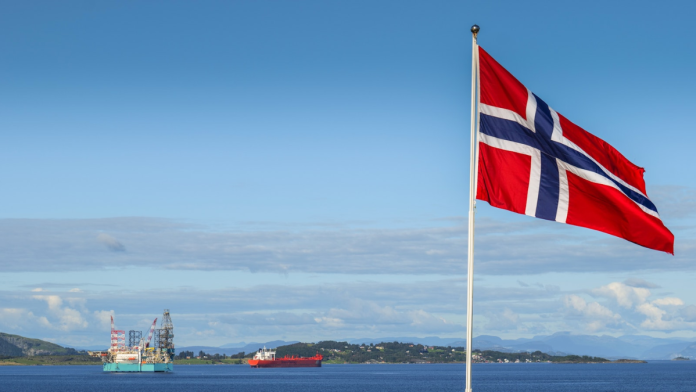Norway’s massive sovereign wealth fund, managed by Norges Bank Investment Management (NBIM), is cutting back on its investments in Israeli companies because of the ongoing conflict and humanitarian crisis in Gaza and the West Bank. This decision comes after the fund recently sold stakes in several Israeli firms, signaling a strong reaction to the worsening situation.
What Happened?
The Norwegian sovereign wealth fund, the world’s largest investor, manages about $2 trillion in assets. It earns money from Norway’s oil and gas production and invests that money globally. Among its holdings, the fund owned stakes in 61 Israeli companies as of June 30.
Recently, NBIM began reviewing its Israeli investments after discovering it held a stake of just over 2% in Bet Shemesh Engines Ltd (BSEL). They had started investing in Bet Shemesh in November 2023, about a month after the conflict in Gaza escalated.
Bet Shemesh Engines Ltd (BSEL) is an Israeli company that specializes in maintaining jet engines for military aircraft, including fighter jets. Because the company supports Israel’s armed forces, investing in it raised ethical concerns for the fund, especially as the conflict in Gaza intensified. This connection played a key role in the decision to reconsider its investment.
After re-evaluating, NBIM sold its stake in Bet Shemesh and divested shares in 10 other Israeli companies. The fund’s CEO, Nicolai Tangen, said they expect to sell more Israeli stocks as part of an ongoing review linked to the situation in Gaza and the West Bank.
What Led to the Sale of Israeli Stocks
The fund’s decision to sell comes from concerns about ethics and the worsening humanitarian crisis. Bet Shemesh Engines, which supports Israel’s armed forces, was initially rated as a “medium risk” stock regarding ethical issues. However, after a further review in May 2024, NBIM reclassified it as a “high risk” investment.
🎓 Thousands of Aussie students storm streets, demand Israel sanctions in defiant uprising
Norway’s sovereign wealth fund applies strict ethical standards when choosing its investments. It rates companies based on ethical risks, such as human rights and involvement in conflicts. If a company is deemed “high risk,” they may sell its shares to avoid supporting harmful activities. This approach guides the fund’s recent decisions, including selling Bet Shemesh shares, to ensure investments align with Norway’s ethical values.
Tangen admitted that the fund should have acted faster to control the risks associated with its Israeli investments. He explained that NBIM had held quarterly meetings with Bet Shemesh but had not discussed the war in Gaza during those talks, focusing instead on the company’s business activities in the United States.
The fund’s management said they should have exercised tighter oversight earlier and reacted more swiftly to the conflict’s impact on their investments. This shift reflects a growing awareness of how investment choices can be linked to complex ethical challenges in conflict zones.
How Is the Fund Doing Overall?
Despite the sales related to Israeli companies, NBIM reported a strong first-half profit of 698 billion Norwegian crowns (about $68 billion), representing a 5.7% return in line with its benchmark index. The fund’s gains were largely driven by good returns in global stock markets, particularly in the financial sector.
The sovereign wealth fund invests not only in stocks but also in bonds, real estate, and renewable energy projects. On average, it owns about 1.5% of all listed companies worldwide. Because of its vast size, the fund’s investment decisions can influence market trends and send significant messages about responsible investing.


